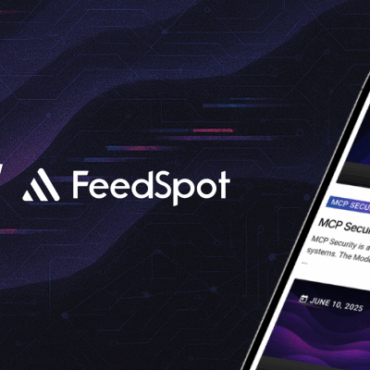Governance framework promotes AI security
China Daily, September 11, 2024
A new governance framework aimed at enhancing the security and safety of AI was introduced during China Cybersecurity Week in Guangzhou, Guangdong province. Announced by the National Technical Committee 260 on Cybersecurity of the Standardization Administration of China, the framework provides essential technical guidance to build a secure, reliable, and transparent environment for AI research and application. Developed as part of the Global Artificial Intelligence Governance Initiative, the framework aims to address concerns about AI’s potential risks while promoting innovation. It emphasizes principles such as risk management, inclusivity, and collaborative responses, offering strategies to mitigate security risks in areas like data privacy, system vulnerabilities, and ethical concerns.
The framework’s overarching goal is to support the responsible development and global standardization of AI technology, ensuring it benefits humanity while minimizing security risks. By identifying potential threats and proposing technical responses, the initiative seeks to create a safer ecosystem for AI deployment. Liu Hui, vice-president of Topsec Technologies Group, highlighted AI’s role in cybersecurity, noting that it can enhance the detection of cyber threats, reduce dependence on human intervention, and improve the efficiency of network security.
Dubai’s AI Security Policy: Paving the way for a digital future
CIO, September 12, 2024
Dubai is positioning itself as a global leader in AI and digital transformation, strongly emphasizing AI security and safety. Under the leadership of H.H. Sheikh Mohammed bin Rashid Al Maktoum, the emirate has implemented a forward-thinking AI security policy designed to protect against emerging threats. H.E. Amer Sharaf, CEO of Cyber Security Systems at the Dubai Electronic Security Center, highlighted this policy’s importance during the Dubai AI & Web3 Festival. Built on three key pillars—ensuring data integrity, safeguarding critical infrastructure, and promoting ethical AI usage—the policy aims to ensure that AI systems remain secure as they drive innovations in areas such as autonomous vehicles, smart healthcare, and city management. Sharaf emphasized that this secure foundation is essential for fostering AI growth while managing potential risks.
Dubai’s ambition to rank among the top three global digital cities is supported by initiatives like Dubai 10X and Smart Dubai, which aim to integrate AI across public and private sectors. As AI becomes central to the city’s digital future, cybersecurity measures are critical in ensuring trust in these technologies. Sharaf stressed that a reliable and secure AI ecosystem is key to Dubai’s continued success, balancing innovation with the need for stringent security. By establishing a comprehensive security framework for AI, Dubai sets the stage for responsible digital progress, ensuring that technology benefits society in a safe and trusted environment.
Comprehensive Overview of 20 Essential LLM Guardrails: Ensuring Security, Accuracy, Relevance, and Quality in AI-Generated Content for Safer User Experiences
MarkTechPost, September 15, 2024
Key security measures, such as inappropriate content filters, offensive language blockers, and prompt injection shields, are crucial to maintaining the safety of AI-generated content. These guardrails protect users from explicit or harmful content and safeguard AI systems from being manipulated by malicious inputs. Additionally, tools like fact-check validators and relevance checkers ensure that AI responses are accurate, contextually relevant, and aligned with user expectations, contributing to a more secure and reliable AI experience.
In addition to security, maintaining high content quality and functionality is critical for LLMs. Response quality graders, translation accuracy checkers, and readability evaluators help ensure that AI-generated content is clear, accurate, and accessible to the intended audience. Meanwhile, content validation tools like source context verifiers and price quote validators help businesses avoid inaccuracies that could lead to misinformation or customer issues. Logic and functionality guardrails, such as SQL query validators and JSON format checkers, ensure seamless integration between AI systems and other digital platforms.
Subscribe for updates
Stay up to date with what is happening! Get a first look at news, noteworthy research and worst attacks on AI delivered right in your inbox.




